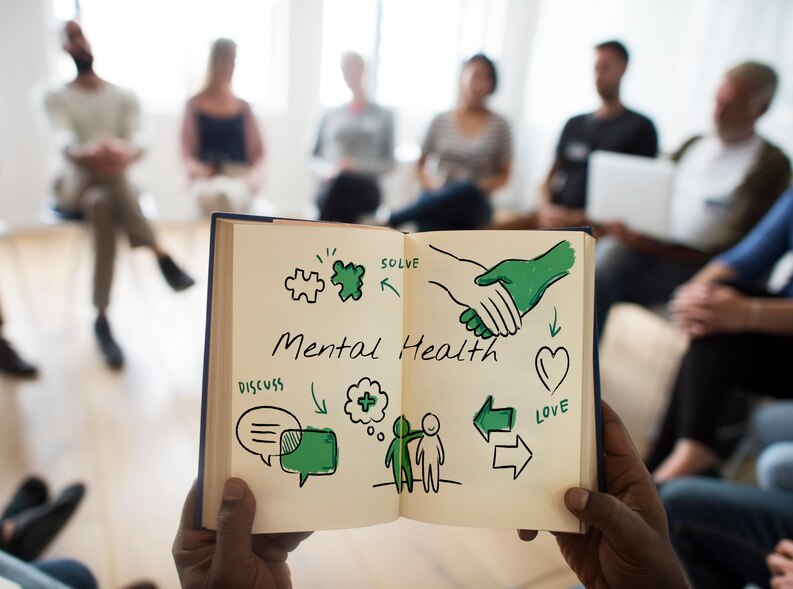The importance of Mental Health in today's era
The Rising Need to Address Mental Well-being


Mental health has emerged as one of the defining issues of our times. Constantly connected to a virtual world, many struggle with loneliness, anxiety, depression and other conditions. However, stigma prevents millions from seeking help due to misconceptions that mental illnesses equate to weakness or instability. It is high time we change this narrative.
Mental health is as important as physical health. Psychological disorders are real, treatable medical conditions just like diabetes or cancer. Feeling overwhelmed, stressed or low is a normal human reaction to challenges. What matters most is how we support each other during difficult times.
Children and youth are disproportionately impacted due to developmental changes and academic pressures. Bullying, social media addiction, body image issues and relationship problems feature among top concerns. Conditions like anxiety, depression and behavioral disorders affect over 13% kids globally. Early intervention and family support can help prevent long-term harm.
Young adults juggling careers, finances and personal lives report high stress, loneliness and suicidal thoughts. Transition difficulties, comparison with peers, breakups and identity issues commonly trigger mental health crises. Substance abuse is also on the rise as a coping mechanism.
Workplace stress, balancing multiple responsibilities and lack of self-care take a toll on mental wellness as we enter middle age. Midlife crises, burnout, caregiver stress and physical health issues often manifest psychologically. Marital conflicts and parenting teenagers add to the load.
Loneliness plagues many in later life due to loss of spouse, mobility issues and social isolation. Chronic illnesses, financial insecurity and end-of-life anxieties contribute to depression and cognitive decline. Elders need as much empathy and engagement as any age group.
Some of the most prevalent mental health conditions include:
- Depression: Persistent low mood and loss of interest affecting over 264 million worldwide.
- Anxiety disorders: Excessive, uncontrollable worry impacting nearly 284 million people globally.
- Bipolar disorder: Extreme mood swings between mania and depression impacting around 45 million people.
- Schizophrenia: Distortions in thinking, perception, emotions and behavior affecting over 21 million individuals.
- Eating disorders: Unhealthy eating habits like anorexia, bulimia affecting millions of adolescents and young adults.
- Substance use disorders: Alcohol and drug abuse problems impacting hundreds of millions worldwide.
- Self-harm and suicidal behaviors: Leading causes of death among youth and young adults.
The good news is most mental illnesses can be successfully managed with a combination of therapy, medication, social support and lifestyle changes. Speaking to a counselor need not be a sign of weakness but of strength and self-awareness. Communities must foster acceptance and compassion.
Overall well-being depends on how we prioritize mental health individually and collectively. It is time we made emotional wellness as routine as annual physical checkups. With understanding and care, we can build a society where psychological disorders no longer attract stigma and people feel empowered to seek help when required. Our shared humanity calls us to support each other, especially in times of crisis, without judgment or labels. Mental health is a basic human right and its importance can hardly be overstated.
